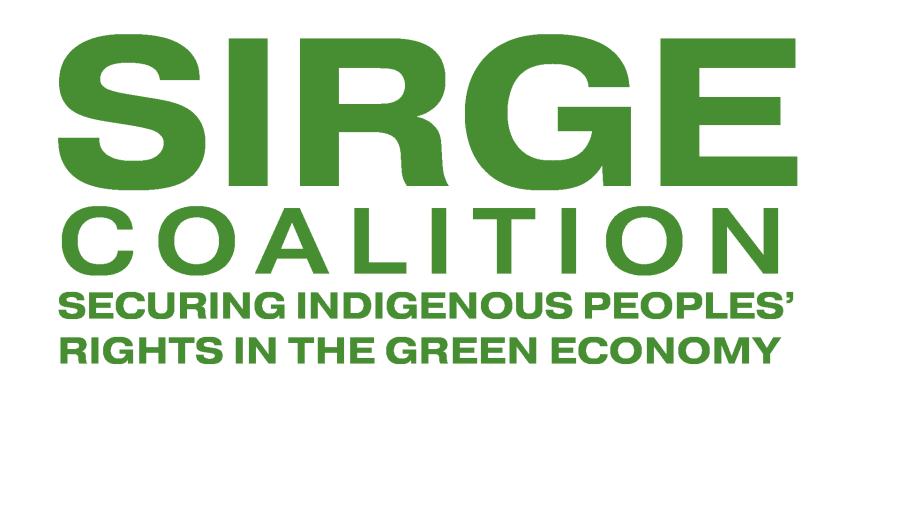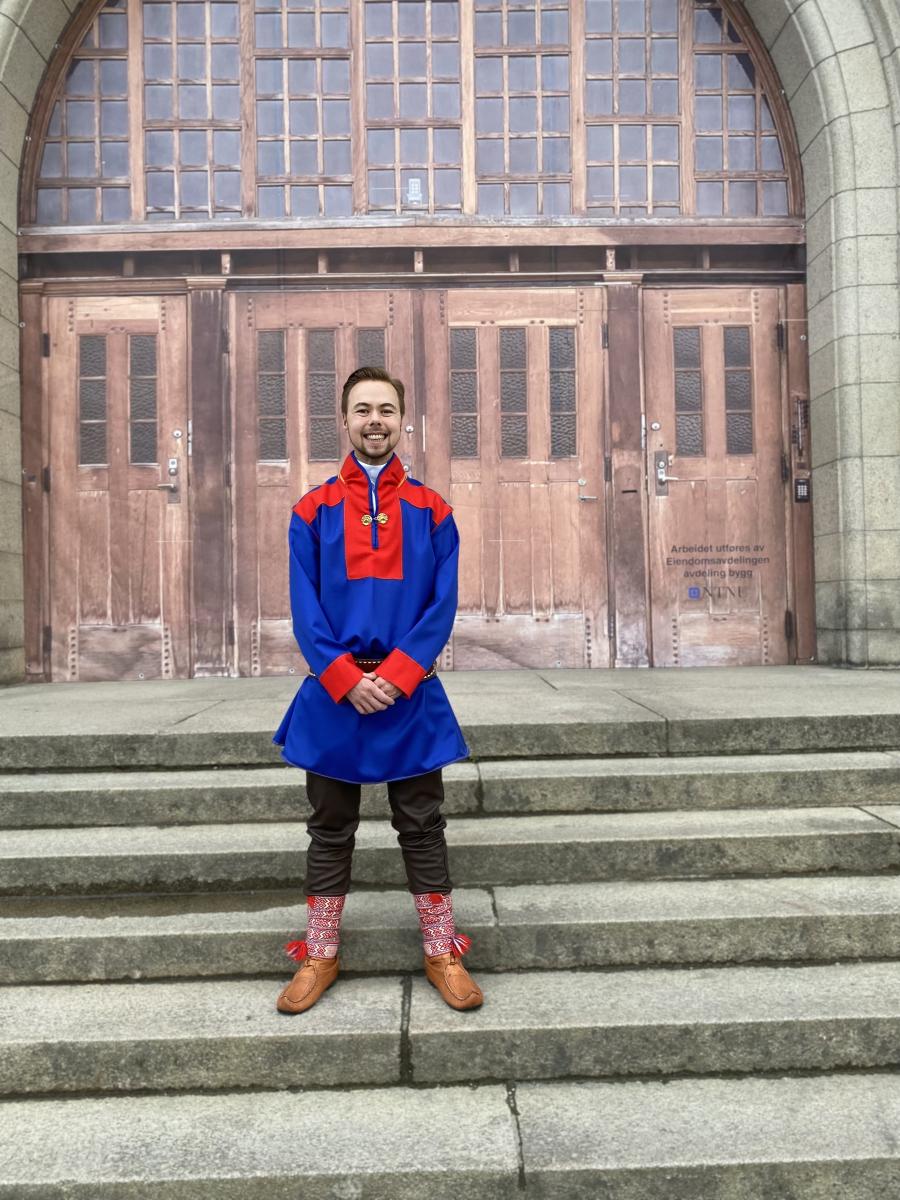As we begin a new year cycle, we would like to honor the work of Indigenous youth around the globe who have dedicated their efforts and commitments to implementing collective action by bringing forward opportunities for growth, empowerment, and aspiration in their communities. Being an Indigenous youth can be challenging when navigating colonial systems. Through Cultural Survival's Indigenous Youth Fellowship Program, we support the leadership of Indigenous youth in advocating and striving for new ways of safeguarding their lands, cultures, and languages. We would like to share two completed projects through our Fellowship Program. At Cultural Survival, we support Indigenous youth leaders to become agents of change and aspire generational transformation for thriving Indigenous communities.
The Mother Earth Project (Kamba/Gikuyu) from Kenya
Area of Focus: Climate Change Solutions
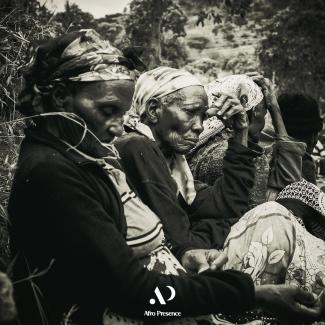
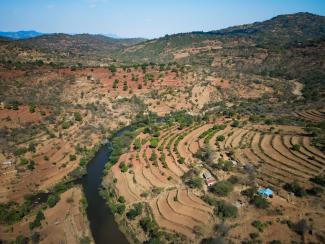
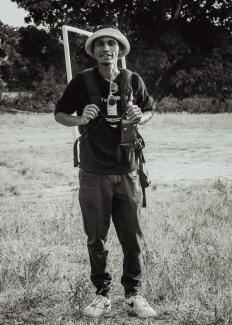
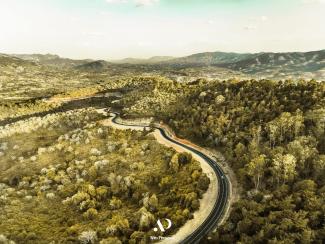
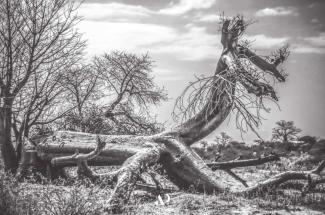
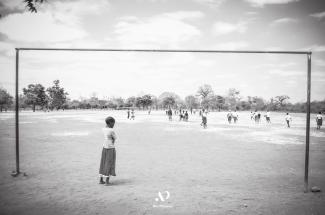
The Mother Earth Project is led by nine Kamba and Gikuyu youth: Joshua Mbindyo Mutunga, Chemitei J. Janet, Robert Mutua Mila, Thereza Mercy, Peter Kinyanjui, Elijah Muli, Ambrose Mugume, Kenneth Gitunda, and Alex Kamau. The group is dedicated to advocating for the empowerment and betterment of Indigenous youth. With a deep passion for social change and extensive experience in community development, they create meaningful opportunities for young artists and entrepreneurs to thrive. Through co-creation, they have successfully implemented various initiatives that promote storytelling for community empowerment, educational gatherings, cultural preservation, and self-expression within Indigenous communities. The youth group strongly believes in the power of collaboration and is committed to building strong relationships to drive positive change through their fellowship project.
In response to the effects of climate change, the threat of food insecurity, and water-related challenges, 27-year-old Joshua Mbindyo Mutunga, a member of the Kamba tribe, alongside a team comprising members from the Gikuyu, Marakwet, Bunyoro, and Jopadhola tribes, initiated the Motherland Project through Afropresence.
The Motherland Project is dedicated to advocating the empowerment of indigenous youth in the Kee Ward Community in Makani, which comprises 500 households with a population of approximately 5,000. The community includes the Kamba people, known not only for their expertise in agriculture and beekeeping but also for their entrepreneurial culture.
The different activities implemented, such as tree planting in the school areas, discussions on food production and farming methodologies, and beekeeping, serve not only to strengthen young people's knowledge and capacities, but also those who participated gained invaluable experiences in practical knowledge and stories.
‘’The tree planting has been pivotal for both the team and the community, positively impacting both the community and wildlife. The tree serves as a food source for animals and helps in mitigating human-elephant conflicts’’ Testified Joshua, a team member of the project.
The team gained a lot of experience from this project in terms of practical knowledge, which allowed them to envision a continuation of these types of projects by highlighting this as part of a success story in the future.
The team aims to establish youth beekeeping clubs that emphasize sustainability for future business potential. They aim to create a space for ongoing learning. The team envisioned establishing their own farm, implementing mixed planting techniques, and sharing the knowledge acquired from community members.
The Motherland Project not only connected young people through storytelling and learning from different groups but also encouraged them to envision a more sustainable future. Learning from others and the community served as a significant motivator for the participants and provided a space for both giving and receiving.
Akecha Rosella (Tepeth) from Uganda
Area of Focus: Land Defense from Negative Impacts of Transitioning to the Green Economy.
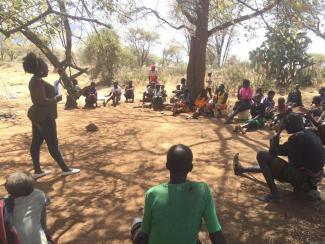
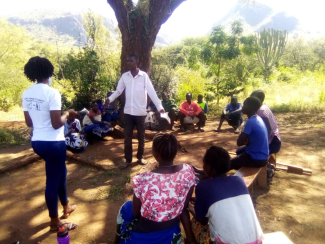
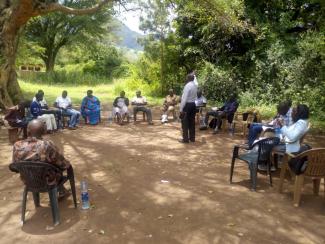
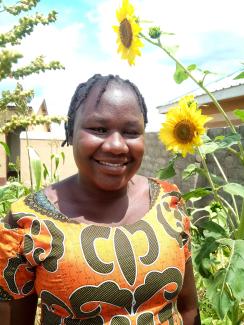
Akecha Rosella is a social worker who recently earned a bachelor's degree in Community Development and Social Justice from Kyambogo University. She was born and raised in a minority community in the Moroto district, Karamoja subregion, Uganda. She supports her community in different capacities, especially in the field of advocacy and defense.
Akecha’s fellowship project, “Arise the Tepeth,” seeks to create awareness about security challenges faced by Indigenous communities who have been impacted by mining operations, inform the community of their rights as Indigenous people, and promote equitable access to services. She led capacity building workshops in advocacy for Indigenous Peoples’ rights and conducted meetings with Indigenous authorities and local leaders.
As part of her fellowship project, she conducted advocacy meetings in the Nabuin village of Katikekile Sub County. Here, the fellowship coordinator addressed topics related to the long-lasting impacts of mining and alternative opportunities for a circular economy. This advocacy meeting helped to highlight that mining activities do not profit the miners who are underpaid by the buyers. Conclusions were made to encourage miners, especially youth, to form savings groups to promote working together and establishing small-scale businesses.
Workshops were delivered to discuss the Free, Prior and Informed Consent (FPIC) protocol when it came to mining with artisanal miners and stakeholders in Nabuin village. A highlight of the workshop was the importance of FPIC and how closely it aligns with the Indigenous Peoples’ rights to self-determination. The workshops also helped explain the increase in displacements and the demand for land for natural resource exploitation. This raised many concerns and opened a conversation for strategic planning and the implementation of FPIC. To better help the community with lobbying, funding, and accessing other resources, the participants advised the development of an association with youth participation.
Akecha conducted fieldwork visiting the mining sites to complete a risk assessment report on the impacts of mining activities on the community members. Ongoing risk assessments are needed to establish a response strategy.
For Akecha, it was a proud moment to be able to unite her community in order to sensitize them about FPIC protocols, and it was a great satisfaction to the community knowing that they were able to receive the grant. This fellowship gave Akecha the opportunity to involve as many people from her community in the project.
